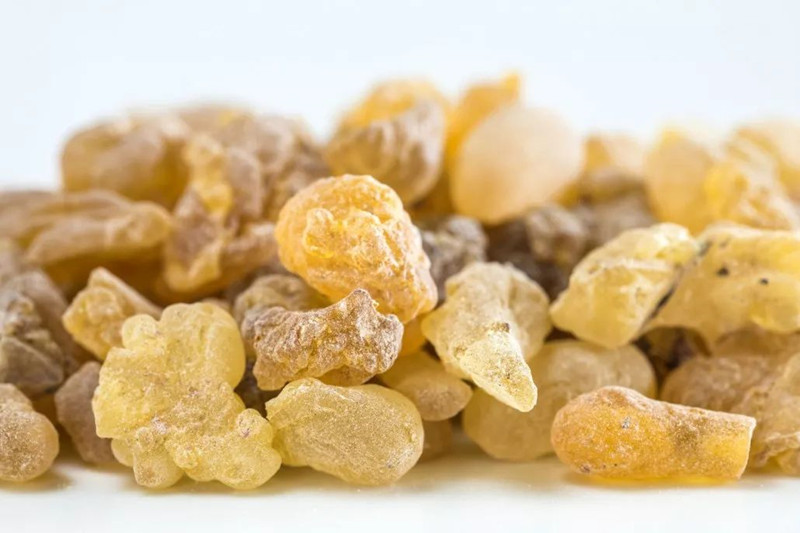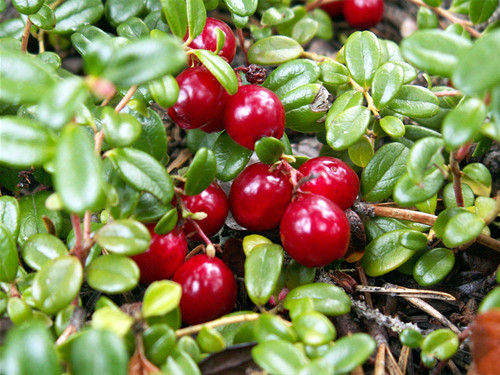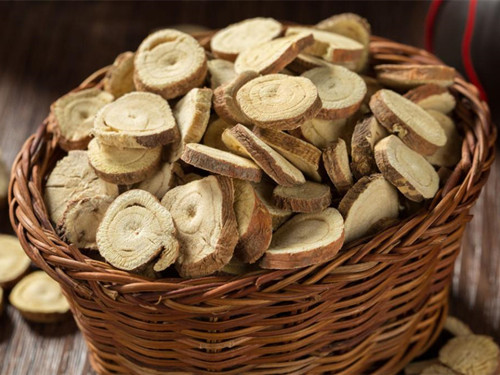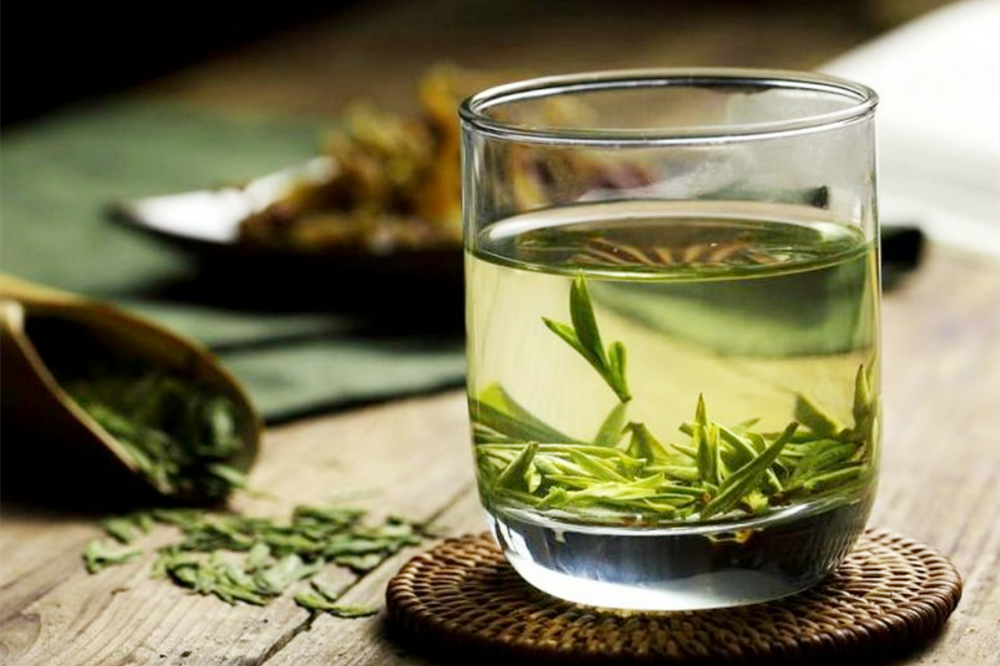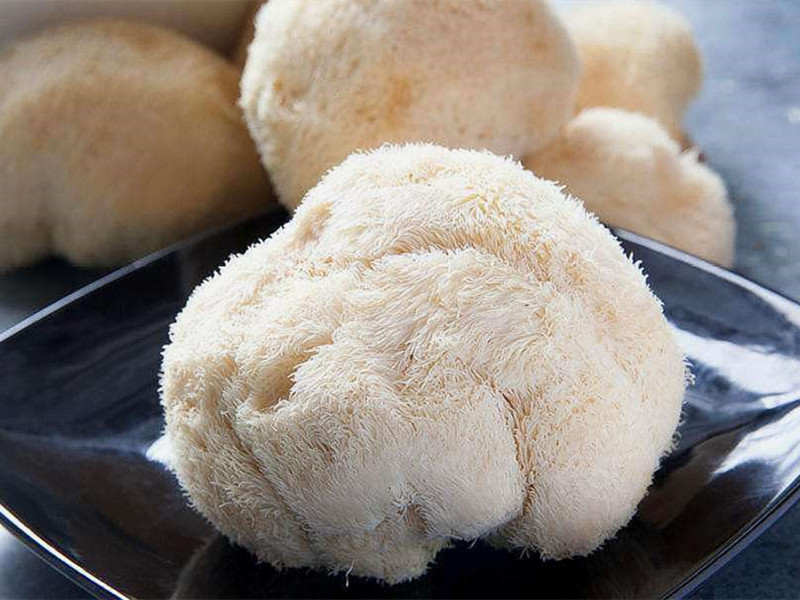Helicobacter pylori (H. pylori) is a bacterium that can infect the stomach lining and lead to various gastrointestinal problems, including gastritis, peptic ulcers, and even stomach cancer. It is estimated that over half of the global population is infected with this bacterium. For patients with a family history of stomach cancer or stomach problems, removal of H. pylori is necessary. At present, antibiotics are the primary treatment to eradicate H. pylori in clinical practice, but the risk of repeated infection is still high, and there are certain side effects such as antibiotic resistance and intestinal flora imbalance. Some people are turning to natural remedies, particularly traditional herbs, to support their healing process. Some traditional herbal remedies have been studied for their potential to support conventional treatment or alleviate symptoms. In this article, we will explore some traditional herbal remedies that may offer relief from H. pylori infection.
Understanding Helicobacter pylori
Before we delve into traditional herbal remedies, it’s important to understand what H. pylori is and how it affects the stomach lining. H. pylori is a spiral-shaped bacterium that is usually acquired in childhood, often through contaminated food and water, and can persist throughout a person’s life if left untreated. Helicobacter pylori has a high infection rate in the stomach, about 80% in developing countries, about 40% in developed countries, and even more than 90% in Africa, Latin America, Southeast Asia and other regions. Studies have shown that helicobacter pylori infection increases the risk of stomach cancer by 2.7 to 12 times, and if helicobacter pylori is eliminated, at least 35% to 89% of stomach cancers will not occur. In 1994, the International Cancer Research Center of the World Health Organization listed Helicobacter pylori as the first type of biological carcinogenic factor.
When H. pylori infects the stomach, it triggers an immune response, leading to inflammation of the gastric mucosa, which can cause symptoms such as abdominal pain, bloating, nausea, and heartburn. If not addressed, this chronic inflammation can lead to more serious conditions like peptic ulcers and gastritis.
Herbs For Helicobacter pylori Infection
More and more attention has been paid to the application of natural therapies against helicobacter pylori. Mastic Gum, green tea, licorice, garlic, turmeric, cranberry, lion’s mane mushroom, grape seed and many other plants and mushrooms have been found to have anti-helicobacter pylori effects, including:
Mastic Gum
Mastic gum is derived from the resin of the mastic tree (Pistacia lentiscus) and has been used for centuries in traditional medicine. It has been studied for its antibacterial properties against H. pylori, making it a potential natural remedy. It is believed to work by inhibiting the growth and adhesion of the bacteria and reducing inflammation in the stomach lining.
Cranberry
While cranberries are often associated with urinary tract health, they may also have a role to play in combating H due to their excellent Antibacterial property. It can inhibit H. pylori from adhering to the stomach lining, reducing the risk of infection and related complications. Incorporating cranberry juice or supplements into your routine may provide added support against H. pylori.
Licorice Root
Licorice root is a plant belonging to the genus Glycyrrhiza, known for its sweet flavor, and has been used in traditional Chinese medicine to support digestive health. Deglycyrrhizinated licorice (DGL) is often recommended to avoid potential side effects associated with excessive licorice consumption. Several clinical studies have possessed antimicrobial properties against H. pylori, helping to reduce its colonization in the stomach in vitro. Note it is important to note that licorice root should be used cautiously, as excessive consumption can lead to high blood pressure and other health concerns.
Turmeric
Turmeric, a vibrant yellow spice commonly used in Indian cuisine, contains a compound called curcumin, which has anti-inflammatory and antioxidant properties and has been found to possess antibacterial effects against H. pylori. Some studies suggest that curcumin helps to inhibit the growth and activity of the bacterium, potentially reducing its impact on the stomach lining, it may help reduce inflammation caused by H. pylori infection and support the healing of gastric ulcers. Adding turmeric to your meals or consuming curcumin supplements may be beneficial in managing H. pylori infection.
Ginger
Ginger is a versatile herb with various health benefits, including its potential antimicrobial activity and anti-inflammatory properties. Some studies have indicated that ginger Ginger may help alleviate some of the symptoms associated with H. pylori infection, such as nausea and indigestion.
Green tea
Green tea was also shown to have a strong inhibitory effect on Helicobacter pylori, and the active ingredient was identified as catechins. In one animal trial, when green tea extract was added to the drinking water of mice vaccinated with H. pylori for 6 weeks, gastritis and H. pylori were suppressed in a dose-dependent manner. Therefore, drinking more green tea can prevent helicobacter pylori infection to a certain extent, and for patients who have been infected, ingesting high concentrations of green tea extract may also have a good inhibitory effect on helicobacter pylori in the body.
Lion’s mane
The study found that there are a variety of anti-helicobacter pylori active substances in mushroom, not only has a strong antibacterial effect but also can resist helicobacter pylori infection and improve other discomfort symptoms, of which the most commonly used mushroom – lion’s mane(hericium ericium). Modern pharmacological studies have shown that the polysaccharide contained in the extract of the mushroom can achieve the purpose of elimination by changing the living environment of H. pylori. Physiological active substances such as adenosine and adenine contained in ericium also have the effect of inhibiting helicobacter pylori. Ergosterol, ketones and other active components have the pharmacological effect of directly inhibiting the growth of H. pylori in vitro.
Lion’s mane extract can reduce the release of lactate dehydrogenase, and have an obvious protective effect on lipid peroxidation of gastric mucosal epithelial cells caused by free radicals produced by H. pylori infection. In addition, the elements such as bismuth and zinc contained in lion’s mane mushrooms, as a mucosal protective agent, can effectively improve the non-specific immunity and specific immune function of patients, thereby indirectly killing H. pylori.
Other “controversial” remedies
In addition, garlic (Allicin) and Manuka honey have been confirmed in some clinical trials to inhibit helicobacter pylori, but the effect is controversial. Dr. Pawel Krzy Rheek and Professor Adam Junka from Poland and their team used in vitro analysis methods to determine the anti-biofilm and antibacterial activity of extracts from six selected plants of the poppy family. The results showed that the extracts from Chelidonium majus and Corydalis cheilanthifolia had the highest activity. The minimum Inhibitory Concentrations (MIC) were 64 µg/mL and 128 µg/mL, respectively. However, since both extracts are cytotoxic to human hepatogenic cell lines at high concentrations, reducing their MIC through the combination of synthetic antimicrobials and the application of biocellulose as drug carriers may be a potential approach to combat H. pylori biofilm formation.
While natural remedies can be a beneficial addition to your H. pylori treatment plan, it’s important to remember that they should not replace conventional medical treatments, it is essential to consult with a healthcare professional. With proper guidance and monitoring, traditional herbs can potentially support your body’s healing process and provide relief from H. pylori infection.
- Dandelion Extract: What It Is, Benefits, Uses and Side Effect - April 23, 2024
- Is Berberine Extract Help For Weight Loss? - April 11, 2024
- Why Is Pysllium Husk Powder A Popular Meal Replacement Ingredient? - April 3, 2024


